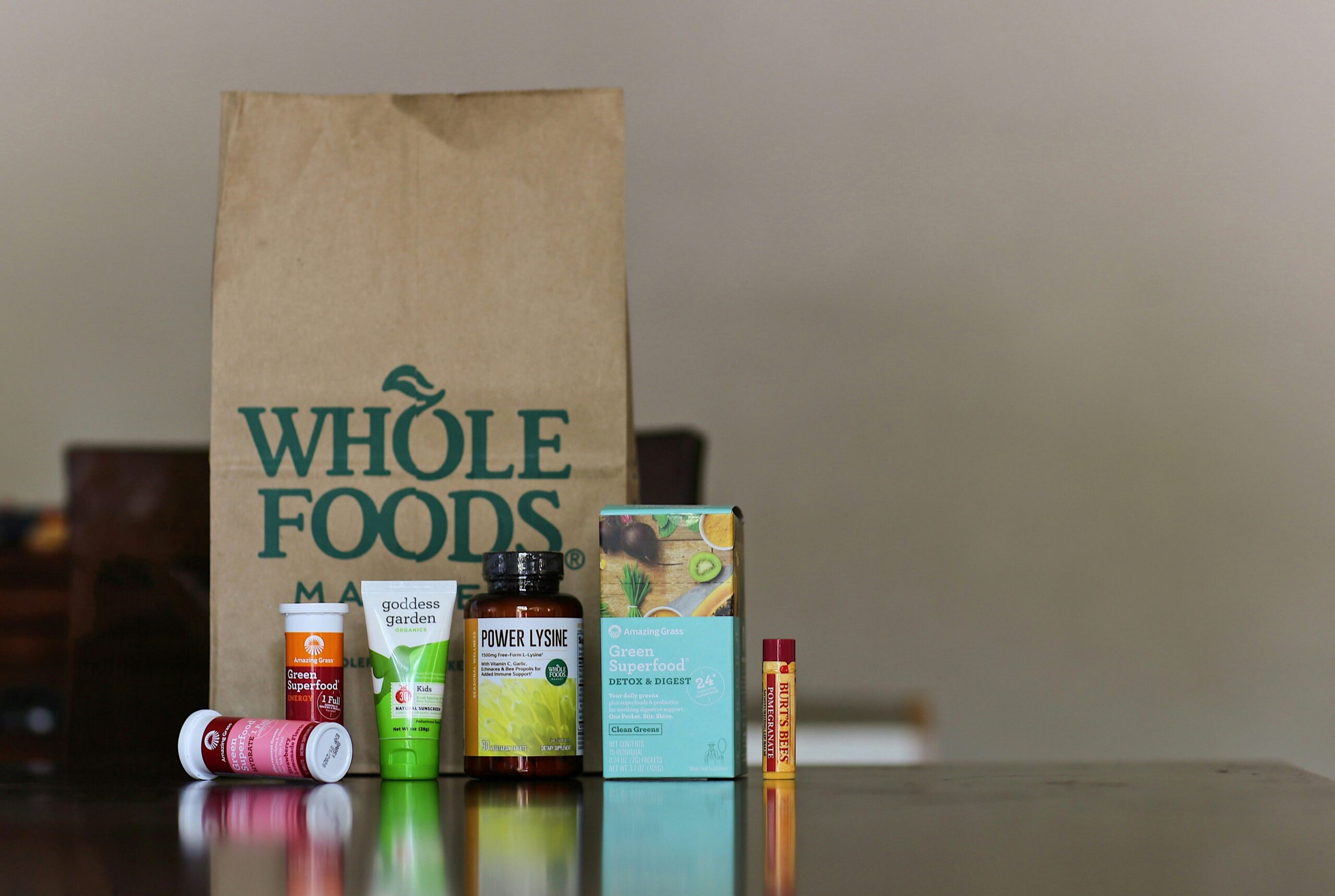

Introduction to Vitamins and Whole Foods
Navigating the world of nutrition can feel like wandering through a maze. On one side, you have the colorful array of whole foods bursting with flavor and nutrients. On the other, shiny bottles of vitamin supplements promising to fill any gaps in your diet. With so much information out there, it’s easy to get lost in conflicting advice about what truly benefits your health.
But is it really necessary to choose between vitamins and whole foods? Or can they coexist harmoniously on your plate? Let’s dive deeper into this debate and uncover what each option brings to the table for our well-being.
The Benefits of Consuming Whole Foods
Whole foods are the cornerstone of a healthy diet. They’re packed with nutrients that our bodies need to thrive. Fruits, vegetables, nuts, seeds, and whole grains provide vitamins and minerals in their most natural form.
Eating whole foods often means consuming fewer additives and preservatives. This helps reduce the intake of unhealthy chemicals that can harm your body over time.
These foods also promote better digestion due to their high fiber content. Fiber keeps your gut healthy while helping maintain steady blood sugar levels.
Moreover, whole foods tend to be more satisfying than processed options. Their rich flavors and textures can help curb cravings for unhealthy snacks.
Incorporating these nutrient-dense choices into meals boosts energy levels too. You’ll likely feel more focused throughout the day as you nourish your body with what it truly needs.
Pros and Cons of Taking Vitamin Supplements
Vitamin supplements can be a convenient way to fill nutritional gaps in your diet. For those with specific deficiencies or dietary restrictions, they offer targeted benefits. Pop a pill and you’re often good to go—no need for meal prep.
However, relying solely on supplements has its downsides. The body absorbs nutrients from whole foods more efficiently than from pills. Plus, some vitamins can interact negatively when taken in excess.
Another concern is the quality of supplements themselves. Not all brands are created equal; some may not contain what they claim or could include harmful additives.
Many people overlook the fact that getting nutrients from food offers additional health benefits like fiber and antioxidants. So while vitamin supplements have their place, they’re not always the best option for everyone’s diet strategy.
How to Incorporate More Whole Foods into Your Diet
Start by stocking your kitchen with whole foods. Think fruits, vegetables, nuts, seeds, and whole grains. Choose vibrant produce to make meals visually appealing.
Next, plan your meals around these ingredients. A colorful salad can be a perfect base for lunches or dinners. Experiment with different dressings made from olive oil and vinegar.
Try to replace processed snacks with whole food alternatives. Fresh fruit or homemade trail mixes are great options that satisfy cravings without the additives.
Incorporate more legumes into your meals too. Beans and lentils add protein and fiber while being incredibly versatile in recipes like soups or stews.
Don’t forget about breakfast—swap sugary cereals for oatmeal topped with fresh berries and nuts. This simple change packs a nutritious punch right at the start of your day.
Cook at home more often! Homemade dishes allow you full control over what goes in them while avoiding unnecessary preservatives found in many restaurant meals.
Recommended Daily Intake of Vitamins vs. Whole Foods
Understanding the recommended daily intake of vitamins can be tricky. Guidelines often suggest specific amounts for essential nutrients like vitamin C, D, and various B vitamins. These recommendations typically stem from studies that analyze what supports optimal bodily functions.
On the other hand, whole foods provide a complex blend of vitamins along with minerals, fiber, and antioxidants. This synergy enhances nutrient absorption and offers health benefits beyond isolated compounds.
For instance, an orange not only delivers vitamin C but also includes flavonoids that may boost its effectiveness in your body. The same goes for leafy greens packed with a range of nutrients that work better together than separately.
Balancing both whole foods and supplements is key to meeting your nutritional needs efficiently while enjoying food diversity. Consider integrating more colorful fruits and vegetables into meals as they contain natural sources of these vital nutrients.
Conclusion: Finding a Balance for Optimal Health
When it comes to health, both vitamins and whole foods play important roles. Whole foods provide a complex array of nutrients, fiber, and other beneficial compounds that contribute to overall well-being. They can help reduce the risk of chronic diseases while promoting better digestion and energy levels.
On the other hand, vitamin supplements can be useful in certain situations. They may fill gaps in your diet or address specific deficiencies. However, relying solely on supplements without maintaining a balanced diet is not advisable.
Striking a balance between consuming whole foods and choosing appropriate vitamin supplementation is key. Prioritizing nutrient-dense meals should be the foundation of your dietary habits. Use supplements as an adjunct when necessary but remember they cannot replace the myriad benefits offered by natural food sources.
Being mindful about what you eat—and ensuring you’re getting enough of those essential nutrients—makes all the difference for optimal health. So embrace whole foods while staying informed about your nutritional needs; this combination will serve you best on your journey to wellness.
